What Happened to Monday? (Seven Sisters): An interview with director Tommy Wirkola
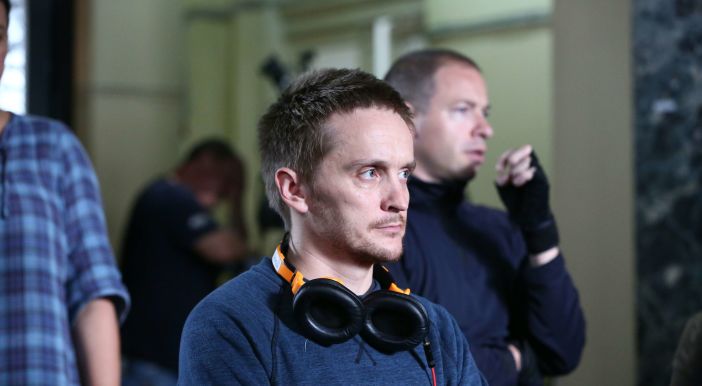
What Happened to Monday? (Seven Sisters) is the latest feature from Norwegian director Tommy Wirkola. It is being shown at this year’s Locarno Film Festival, receiving wide applause from the Piazza audience. The film stars Noomi Rapace in the role of seven identical sisters who must survive in a one-child policy dystopia. Hollywood luminaries such as Willem Dafoe and Glenn Close co-star. It comes out on Netflix this August.
We interviewed Tommy Wirkola a day after the large public screening of What Happened to Monday? (Seven Sisters) in Piazza Grande. We spoke to him about his newest film, previous directorial work and upcoming projects.
Hello Tommy. How did you come to direct the film?
Morten Tyldum was on to direct it but he left to do The Imitation Game. I picked it up and read the script and really liked it. Originally it was going to be with seven brothers but I thought it would be better to switch to women instead. So I pitched it with Noomi Rapace in the role and she liked the idea. We met the French investors and it went on from there.
Why did you think it was more effective to use a woman instead of a man?
I think for several reasons. When I first read the script it just seemed like seven bros hanging out in an apartment and it was hard to distinguish between them. I thought it would be more interesting with sisters than brothers. And when I saw the script I just saw Noomi. I was a big fan and I knew her from before and thought she could do an amazing job. You need a fearless actor for this type of role who can throw themselves into it and embrace it.
One of the great shooting challenges of the film must have been directing Noomi Rapace in the role of the seven sisters. How did you manage it?
We talked a lot about it before the shoot. It’s only a two-hour film to try and establish all the characters. On set it was about trying to make Noomi feel as comfortable as possible, for her to not worry too much about the technical side – because some of it was very technical, especially when all the sisters are together on screen. The first two months was just Noomi alone on set, shooting with green screens, tennis balls and markers. But on those days we needed to focus on the creative side because it can be very frustrating for an actor who is working without anyone else, so it was about keeping on track and supporting her. We had done work with doubles previously so we were very prepared. It was a fun challenge.
There have been many films set in dystopias. What was your inspiration for the set design?
Visually, Blade Runner is obviously something that everybody looks to. But also Looper and Children of Men. Those films were also made on a limited budget and had to be inventive with how they displayed their world. Tonally, I have always been a big fan of Paul Verhoeven, and how he mixes these big ideas with his own humour and his love for violence. He makes a unique tone out of these elements, and that’s why I tried to do. We have an emotional anchor at the bottom of it, but we still make it fun and violent – a riot.
As if the humour offsets the gravity of the film’s themes?
Yes. It’s a big, crazy sci-fi idea, which is what I love about it.
Are you worried about overpopulation, given that is the central theme of the film?
We did a lot of research going into it, especially one book I read called 10 Billion, which is about the pure mathematics of where we are heading. It is scary. This film is of course the extreme version, but I do think it’s a real problem.
Is this why the depiction of the main antagonist, Nicolette Cayman (played by Glenn Close), is not wholly critical?
All the interesting villains are the ones that are a little bit right. And Cayman obviously is right but her means of getting there are not. She has very valid points, and humanity as a whole is not good at making the hard decisions until it’s too late. We thought a lot about it. Obviously, this is entertaining action science fiction, but hopefully when people leave the film it may spur a discussion. We cared about the topic.
How was working with Willem Dafoe and Glenn Close?
Fun. Working with them you realise why they’ve been in the business for over 30, 40 years. They’re professional, smart and just good people. They never left the set. And Lara Decaro [who plays the younger versions of the septuplets] was really smart. She got the duplication process so quickly, and she understood the technicalities straight away. Luckily, she and Willem had great chemistry. There were time restrictions working with children obviously, but technically and creatively she was great. She’s very smart for an 11 year old.
Would you like to now work in America or can you only make genre films like this in Europe?
I did a film in the States a while back called Hansel and Gretel, which was a tough experience in many ways. Dealing with the studio system and getting things through is hard for a young director who hasn’t done much before. In Europe you don’t get $100 million unless you’re Luc Besson, who made Valerian recently. But unless you’re huge you’ve got to go to the US to make these big movies. With this film we received money from France and Belgium and it’s a good model. If you get $20 or $30 million in Europe you can do a lot. It would be fun to do another big film in Hollywood but when I did that I had a mixed experience.
Is there a new Hansel and Gretel film coming?
I wrote the script for it but there was a regime change at Paramount recently. But I think we are now trying to make it into a TV show with Paramount and MGM. We’re writing the pilot for that now.
This film is being released on Netflix. How do you feel about their role in modern filmmaking?
Netflix had a lot of money to spend and they bought it. The best thing is that so many people will see it. It will take a lot for it to be a cinematic hit, a huge marketing spend. But at least it’s getting a cinematic release in Europe.
Why the change of title to Seven Sisters?
What Happened to Monday? didn’t translate in France and Germany so we had to change it. But I prefer the original title – it’s more pulpy, it’s fun.
Joseph Owen
What Happened to Monday? (Seven Sisters) is released on Netflix on 18th August 2017.
Read our review of What Happened to Monday? (Seven Sisters) here.
For further information about Locarno Film Festival 2017 visit here.


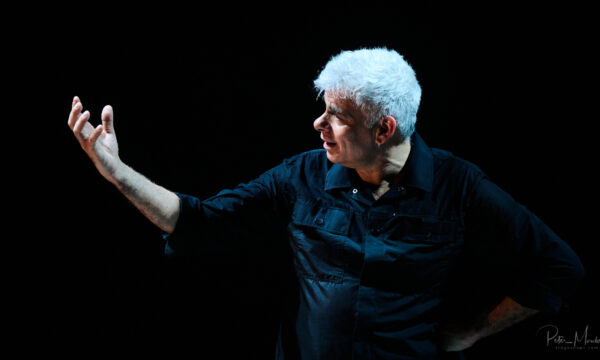

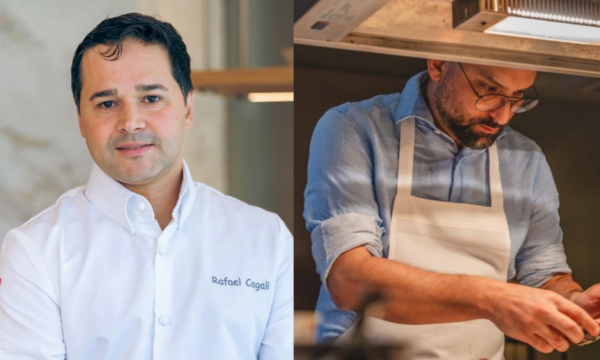
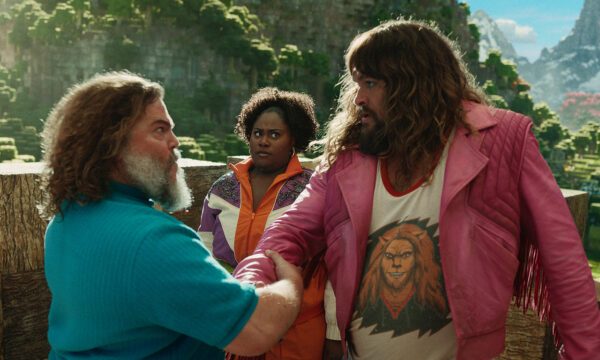

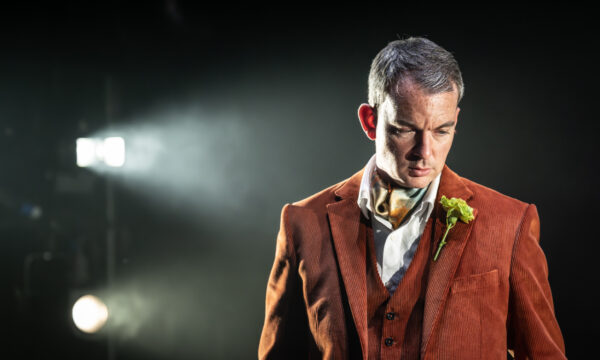
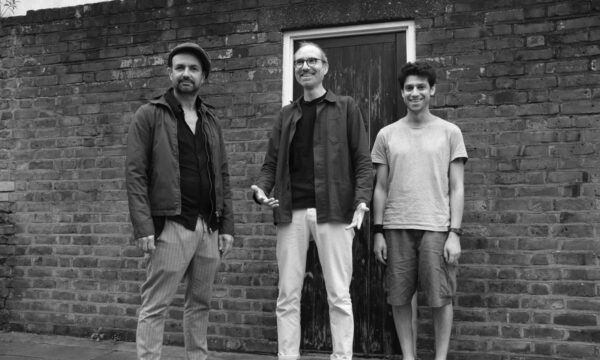











Facebook
Twitter
Instagram
YouTube
RSS